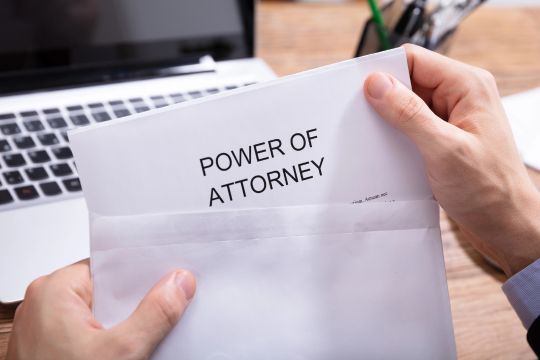Our client, 46-year-old male with an unblemished criminal and driving history, faced an unexpected legal battle when involved in a car accident in August 2022. His vehicle had flipped onto its roof after striking two parked cars, leaving a trail of destruction. There were no skid marks at the collision scene, and the speedometer needle was stuck at 82 km/h in a 50 km zone. Thankfully, there were no injuries to our client or bystanders.
The police detailed that our client appeared dazed and confused at the collision scene. Our client was unable to provide an account of the accident and speculated that fatigue might have been the cause, despite recalling having had a restful night's sleep. Police quickly ruled out any influence of drugs and alcohol through testing, and body-worn camera footage revealed that the officer suspected the collision could have been from a medical episode.
The police decided to immediately refer the case to VicRoads for a medical assessment. Three days after the accident, our client visited a neurologist who changed his epilepsy medication and declared him unfit to drive for the next 12 months. Five months later, the police charged him with careless driving.
To avoid lengthy proceedings, our office initiated contact with the prosecution, seeking a withdrawal of the charge without costs. In support of our client’s position, we obtained a letter from the treating neurologist who confirmed our client’s medical history of epilepsy and opined that the accident “could be due to an epileptic seizure”. At this stage, our client was willing to bear the legal fees if the prosecution agreed to drop the matter. However, the offer was declined, with the prosecution demanding more comprehensive medical evidence linking the accident directly to the epilepsy.
In response to the prosecution's demand, a forensic medical report was commissioned, a process that incurred significant expense to our client. The forensic report conclusively established what we knew all along, that the accident was indeed a result of our client's epilepsy. Armed with this evidence, we once again requested a withdrawal, this time with costs. Police agreed to withdraw the matter but maintained that they would not pay our client’s legal costs.







